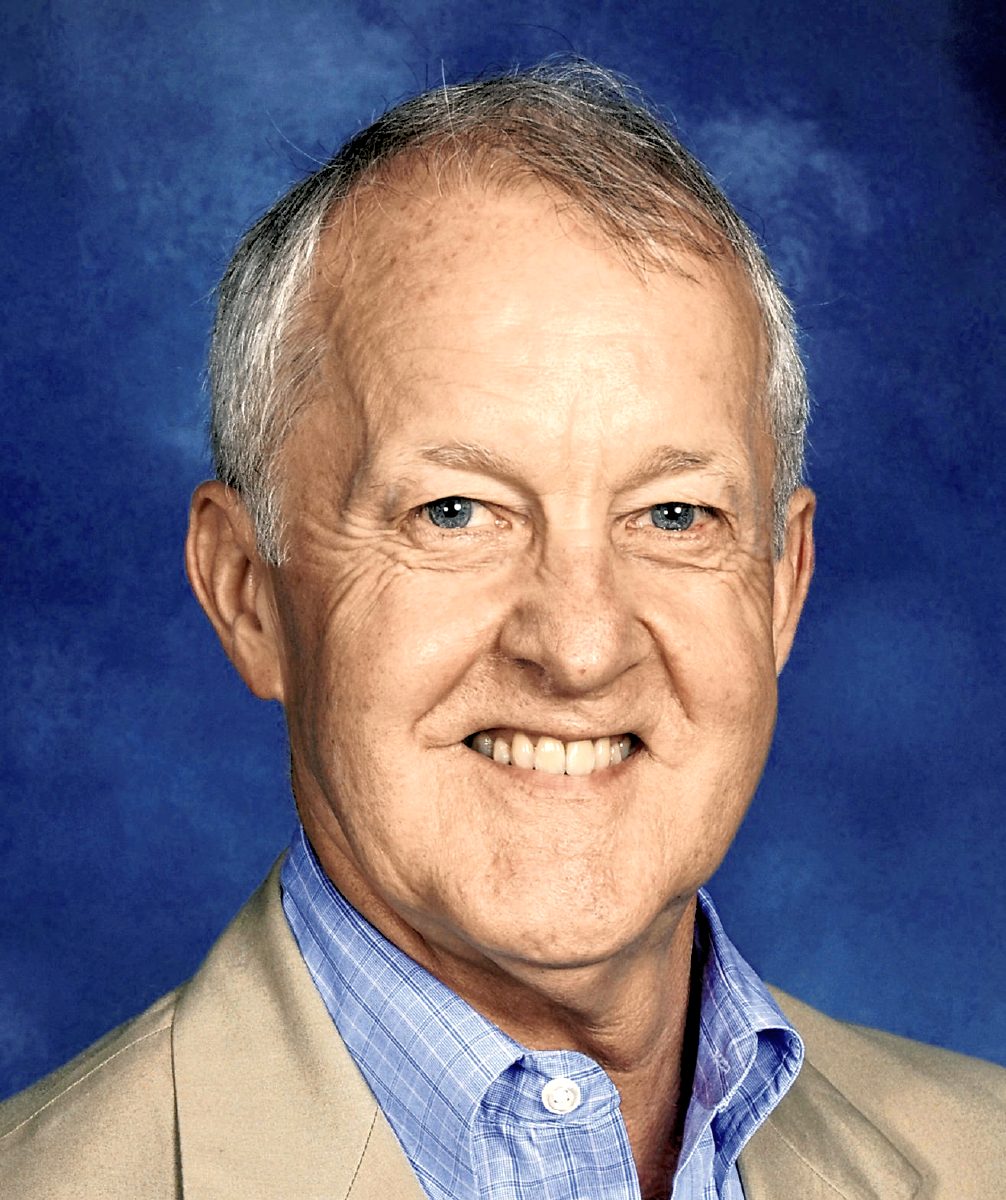My step-daughter Rachel and I don’t always see eye to eye on things. On many topics she tends to wear one hat and I tend to wear another. (I admit on occasion I do this just to be contrary.) Often her opinions baffle me. For example, she thinks Will Ferrell is funny.
But even as we disagree I think we both try remember that so much opinion comes down to how we have learned to understand the world or worlds we live in.
One area we do agree on is the need to take care of the environment. Not long ago we were talking about climate change and what humans could do to reduce our deleterious effects on the planet. She sent me a link to a CNN report, “The Most Effective Ways to Curb Climate Change Might Surprise You,” which suggested some solutions. The report is in the form of a game or puzzle. Four climate change solutions to a certain problem are given and the player ranks them according to their effectiveness in reducing carbon emissions. There are eight categories to rank.
Both Rachel and I agree that working puzzles is fun, so I wasn’t surprised that she would send such a challenge.
I was surprised, though, when I didn’t do as well as I thought I would. In the Food category, for example, I learned that food waste is the largest contributor to carbon emissions. I had ranked it number two behind Eating a Plant-Based Diet which in fact was second on the list. I felt a little better when I read in the explanation section that because food is wasted all along the supply change, “…eating less meat is probably the most effective way individuals can fight climate change.”
Effective, yes; Easy, no. That is one of the problems I see with many of the solutions researchers and experts are always offering to our problems, environmental and otherwise. So many of them would require life-style changes that would be hard, especially for those of us who are blessed to live in affluent western societies. These expert ideas are usually good ones and would likely help alleviate some environmental problems. But still, it is hard for most of us to start doing things that require more personal physical effort—walking rather than driving—especially in a society that touts the newest labor-saving devices as examples of progress.
Back in the 1980s I had a book in my classroom called 50 Simple Thing You Can Do To Save The Earth. It offered some ideas for actions kids could do. It’s a bit dated now, I think, but it made young people think about how their actions affect the world. I remember one suggestion was to cut the circles on the plastic holders that held six-packs of cans so sea turtles and baby seals wouldn’t get entangled in them and choke to death. I don’t remember the last time I saw those plastic rings. Maybe that is an example of progress on the environmental front.
About the same time as the 50 Simple Things book, I read a magazine article of ideas compiled by Gar Smith, editor of Earth Island Journal. Its title was “50 Difficult Things You Can Do To Save The Earth.” Some of the suggestions include: “Bury your car;” “Unplug your television;” “Cut up your credit cards;” and “Don’t have children.” I am not sure how realistic even the author believed these suggested were, but sometimes radical ideas can shove the conversation in a different direction where different possibilities can be explored.
That’s where Rachel and I are, I hope, in our environmental discussion—listening to each other and considering possibilities outside our own already established worlds. Heck, I am even ready to re-visit and reconsider the artistry and comedic skills of Will Ferrell.
Norman Knight, a retired Clark-Pleasant Middle School teacher, writes this weekly column for the Daily Journal. Send comments to [email protected].




